DNA experiments have always danced on the edge of scientific ethics and safety. While some have led to breakthroughs, others have raised serious concerns about their implications.
Here, we delve into eight DNA experiments that have been deemed too risky to repeat.
The Glow-in-the-Dark Rabbit Project

In a bid to explore genetic modification, scientists created rabbits that could glow in the dark. By introducing a jellyfish gene that produces a luminescent protein, researchers aimed to study gene expression and inheritance patterns.
However, this project sparked debates about the ethical treatment of animals and the potential impact on ecosystems if such organisms were to be released into the wild. The glowing rabbit project remains a cautionary tale of genetic manipulation.
The Humanzee Hybridization Attempts
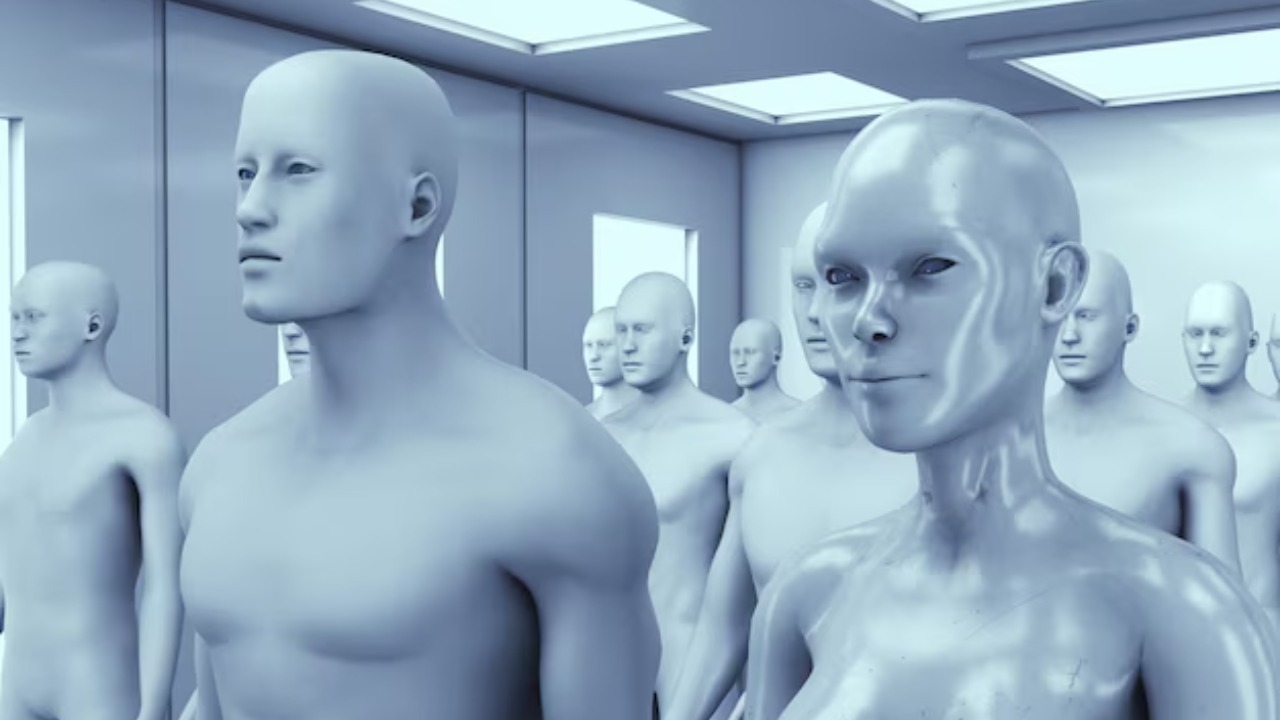
The idea of creating a human-chimpanzee hybrid, or “humanzee,” was pursued by some researchers in the 20th century. The experiments aimed to understand the genetic similarities and differences between humans and our closest relatives. Ethical concerns and the potential for profound psychological and social impacts led to the cessation of these attempts. The possibility of a humanzee raises questions about the very definition of what it means to be human.
The Super-Soldier Serum Experiment
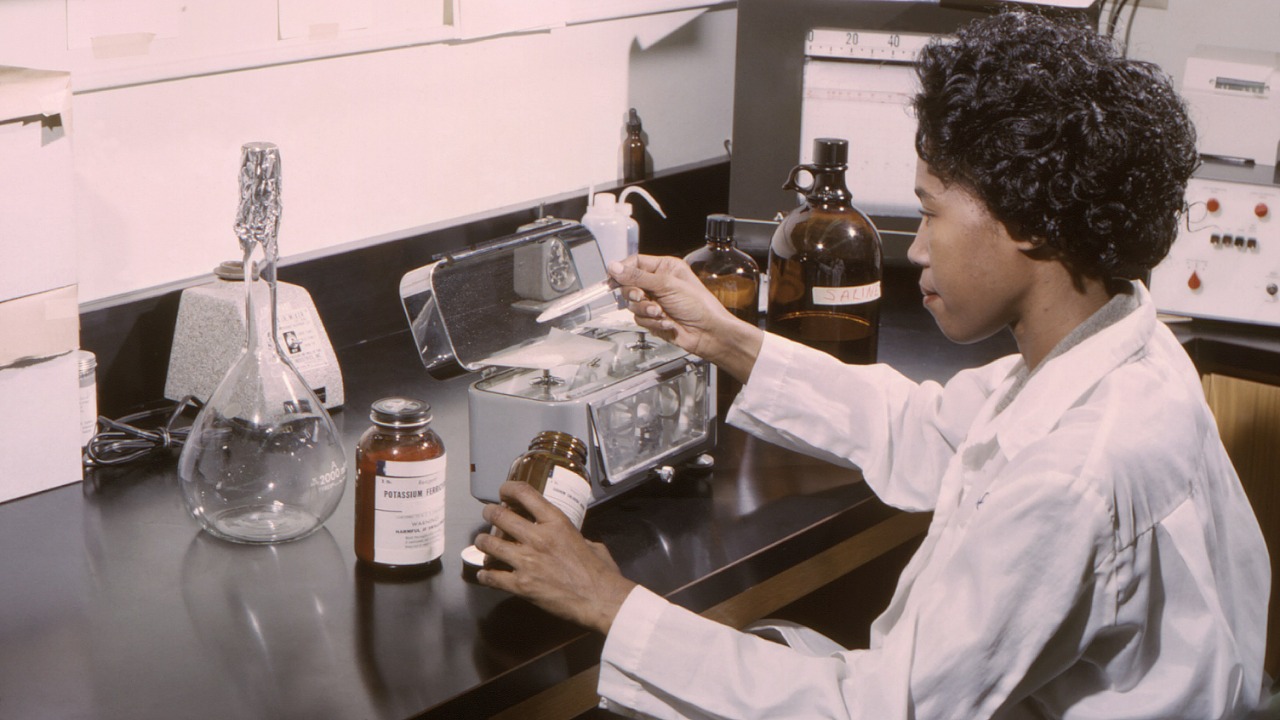
Inspired by science fiction, researchers have attempted to create super-soldiers through genetic modifications. These experiments aimed to enhance physical abilities and resilience in military personnel.
Despite the allure, the unpredictable nature of genetic modifications and the potential for unintended consequences halted these projects. The ethical implications of creating genetically enhanced individuals remain a topic of intense debate.
The Revived Dinosaurs Initiative

The dream of bringing dinosaurs back to life has captivated many. Some scientists explored the possibility of using DNA from preserved fossils to clone dinosaurs. However, the technical challenges and ethical concerns, as highlighted in this BBC Future article, about reviving extinct species have put these plans on hold. The potential ecological disruption and risks to modern ecosystems make this experiment too dangerous to pursue.
The Spider-Silk Producing Goats Experiment
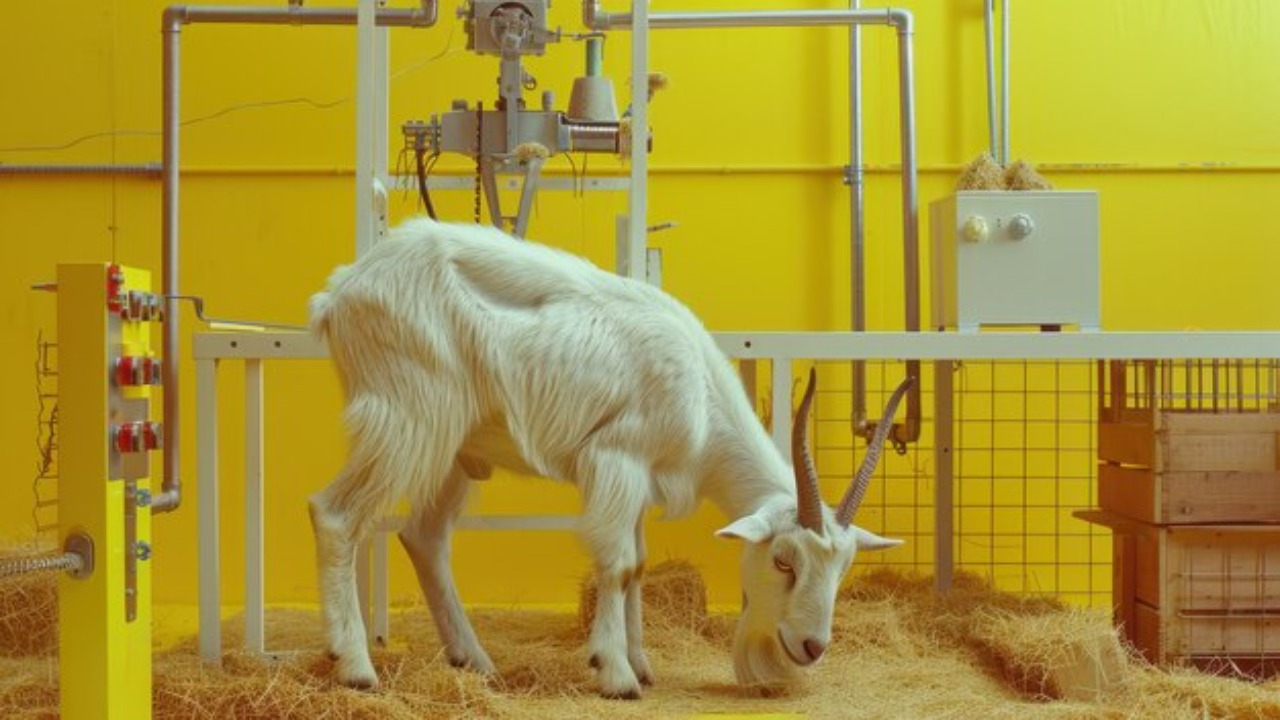
In a groundbreaking attempt, scientists inserted spider silk genes into goats, hoping to harvest silk from their milk. While the project demonstrated the potential for producing strong, lightweight materials, it also raised numerous ethical and biological concerns. The unpredictability of cross-species genetic modifications and the welfare of the animals involved led to the reconsideration of such experiments. More details can be found in this Live Science article.
The Enhanced Intelligence Mice Trials
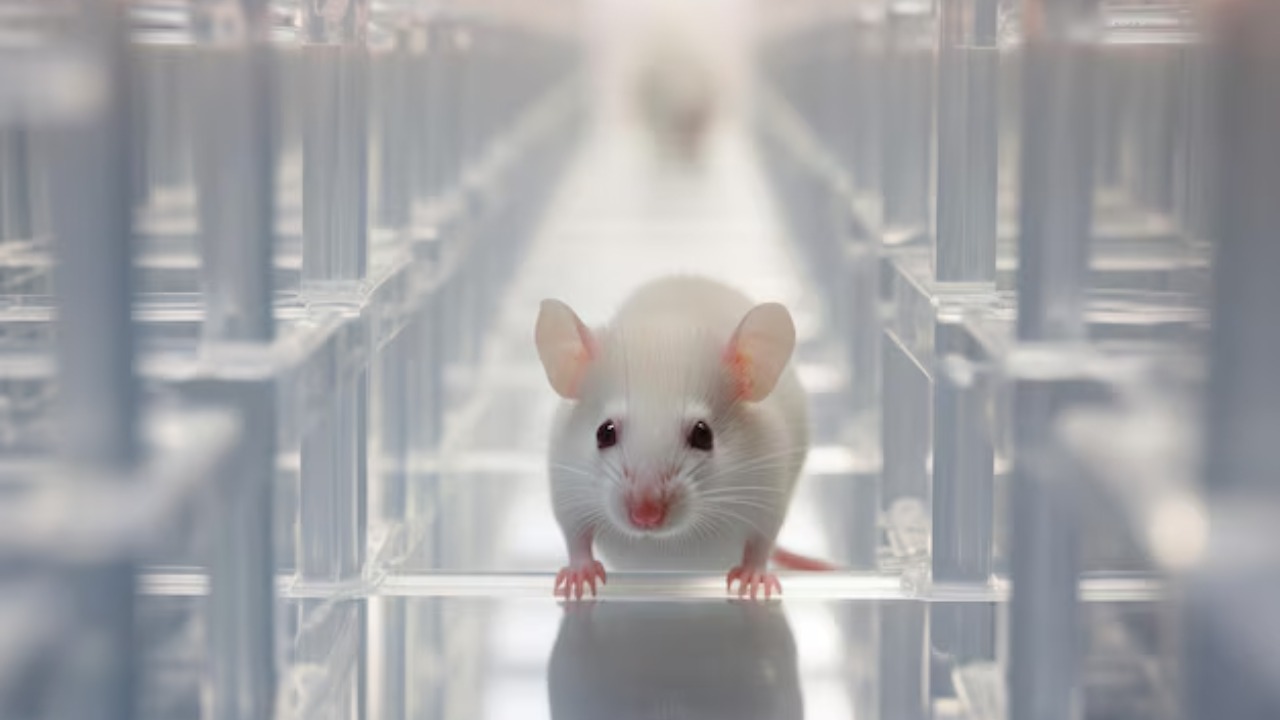
In an effort to understand the genetic basis of intelligence, researchers modified the DNA of mice to enhance their cognitive abilities. While the mice exhibited improved problem-solving skills, the ethical concerns regarding potential human applications were significant.
The prospect of creating a genetic divide based on intelligence raises questions about inequality and societal impact. The trials highlighted the need for careful consideration of ethical boundaries in genetic research.
The Bioluminescent Plant Modification

Scientists have experimented with genetically modifying plants to emit light, hoping to create natural lighting sources. While the idea of glowing trees lining streets is appealing, the ecological risks of introducing modified organisms into natural environments are considerable.
The potential for unforeseen consequences on plant ecosystems and biodiversity has resulted in a cautious approach to such experiments. The balance between innovation and ecological preservation remains a critical consideration.
The Human Head Transplant Endeavor
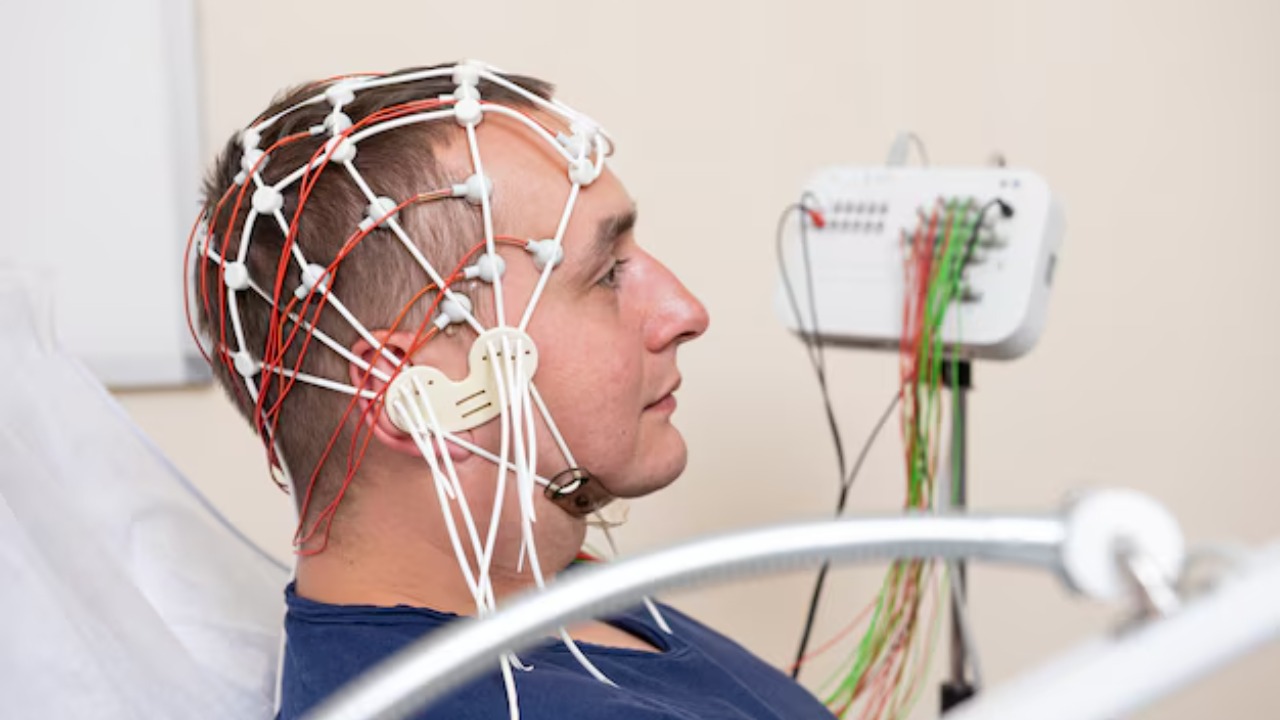
Perhaps one of the most controversial proposals, the idea of a human head transplant has been considered by some medical researchers. Despite the technical challenges, the ethical implications of such a procedure are profound.
The risk of severe complications, coupled with the philosophical questions about personal identity and consciousness, make this experiment a contentious topic. For more insights into the ethical considerations, check out this detailed discussion on potential genetic mistakes.